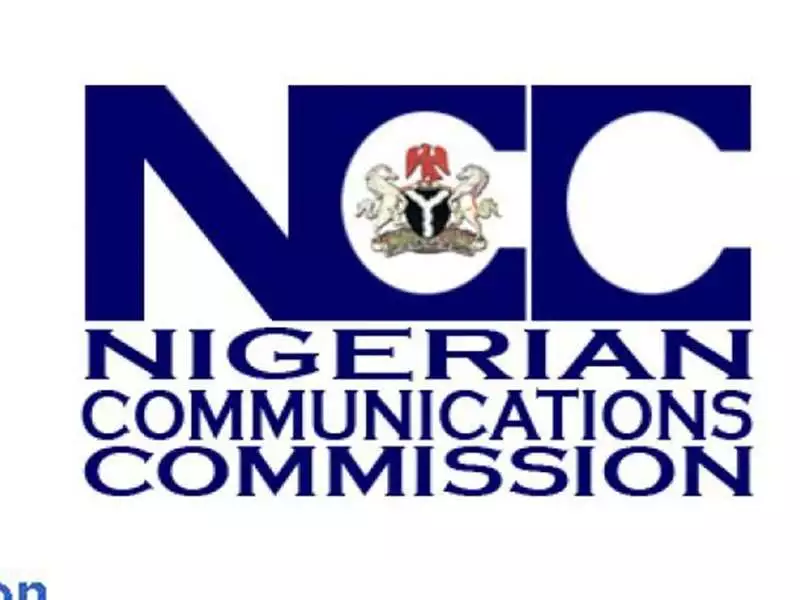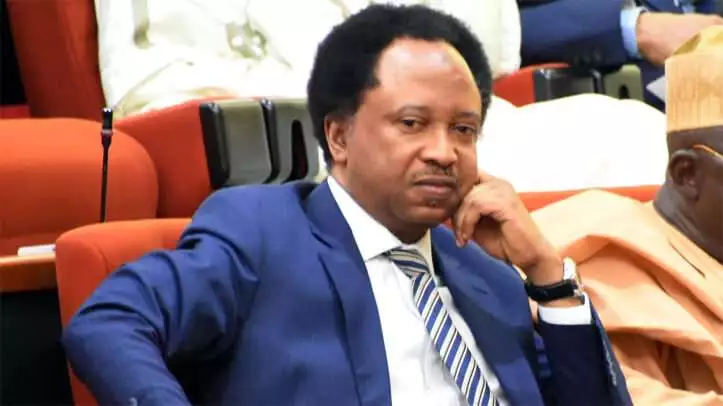The Nigerian Communications Commission (NCC), the body saddled with regulation of telephony, has concluded the process for determining the cost of mobile international termination rate (ITR) based on costs.
Ikechukwu Adinde, NCC Director of public affairs, stated this at a forum in Abuja Thursday.
According to him, NCC engaged the service of Messrs Payday Advance and Support Services Limited to understudy the cost-based pricing of mobile ITR.
ITR is the rate paid to local operators by international operators to terminate calls in Nigeria, as opposed to Mobile Termination Rates (MTR), which is the rate local operators pay to another local operator to terminate local calls.
Speaking at the forum, Umar Danbatta, the Executive Vice Chairman of NCC, said the Commission took the decision to engender healthy competition on traffic management for international calls.
According to him, “overriding need for regulatory options and intervention in relation to the international termination rate in the voice market segment is predicated on some intractable challenges, most common with economies with severe macroeconomic volatility such as ours.”
In 2013, NCC issued a determination stating that MTR are the same irrespective of where the call originated.
Danbatta said the determination was misinterpreted by operators who based their activities on the 2013 template, when NCC decreed that MTR be treated equally, regardless of country of origine.
“Arising from these is the persistent fact that Nigeria’s ITR is below that of most countries with which it makes and receives the most calls, making Nigerian operators perpetual net payers,” he said.
“The obvious implication of this is seen in the attendant undue pressure on the nation’s foreign reserves, which continue to get depleted by associated net transfers to foreign operators on account of this lopsidedness.”
Danbatta said balance of payment informed the regulation of the ITR, as Nigerian currencies are volatile.
“Where ITR is not regulated, it tends to converge to the MTR and for a market like Nigeria with major supply side challenges, the socio-economic implications and attendant backlash can only be imagined”, he said.
Discover more from The Source
Subscribe to get the latest posts sent to your email.








